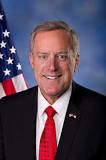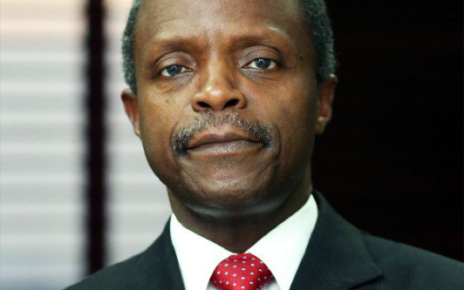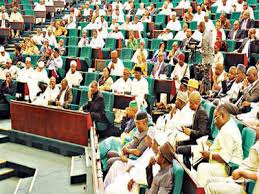The head of a conservative Republican faction in the U.S. Congress, Mark Meadows, who voted this month for a huge expansion of the national debt to pay for tax cuts, on Sunday urged budget restraint in 2018.
In keeping with a sharp pivot under way among Republicans, Meadows, who called himself a “fiscal conservative” while speaking on CBS’ “Face the Nation,” drew a hard line on federal spending, which lawmakers are bracing to do battle over in January.
A news report by Reuters projected that when the lawmakers return from the holidays on Wednesday, they will begin trying to pass a federal budget in a fight likely to be linked to other issues, such as immigration policy, even as the November congressional election campaigns approach in which Republicans will seek to keep control of Congress.
While President Donald Trump and his Republicans want a big budget increase in military spending, the Democrats also want proportional increases for non-defense “discretionary” spending on programs that support education, scientific research, infrastructure, public health and environmental protection.
Meadows, the chairman of the small but influential House Freedom Caucus, was quoted as saying on the programme that “the (Trump) administration has already been willing to say: ‘We’re going to increase non-defense discretionary spending … by about 7 percent
“Now, Democrats are saying that’s not enough, we need to give the government a pay raise of 10 to 11 percent. For a fiscal conservative, I don’t see where the rationale is. … Eventually you run out of other people’s money,” he added.
The lawmaker was among Republicans who voted in late December for their party’s debt-financed tax overhaul, which is expected to balloon the federal budget deficit and add about $1.5 trillion over 10 years to the $20 trillion national debt.
Reacting to the latest fiscal flip by the Republican lawmaker, his Democratic U.S. Representative counterpart, Joseph Crowley, “said on CBS that it was “interesting to hear Mark talk about fiscal responsibility,” said on CBS.
Crowley said the Republican tax bill would require the United States to borrow $1.5 trillion, to be paid off by future generations, to finance tax cuts for corporations and the rich.
“This is one of the least … fiscally responsible bills we’ve ever seen passed in the history of the House of Representatives. I think we’re going to be paying for this for many, many years to come,” Crowley said.
Republicans insist the tax package, the biggest U.S. tax overhaul in more than 30 years, will boost the economy and job growth.
House Speaker Paul Ryan, who also supported the tax bill, recently went further than Meadows, making clear in a radio interview that welfare or “entitlement reform,” as the party often calls it, would be a top Republican priority in 2018.
In Republican parlance, “entitlement” programs mean food stamps, housing assistance, Medicare and Medicaid health insurance for the elderly, poor and disabled, as well as other programs created by Washington to assist the needy.
Democrats seized on Ryan’s early December remarks, saying they showed Republicans would try to pay for their tax overhaul by seeking spending cuts for social programs.
But the goals of House Republicans may have to take a back seat to the Senate, where the votes of some Democrats will be needed to approve a budget and prevent a government shutdown.




